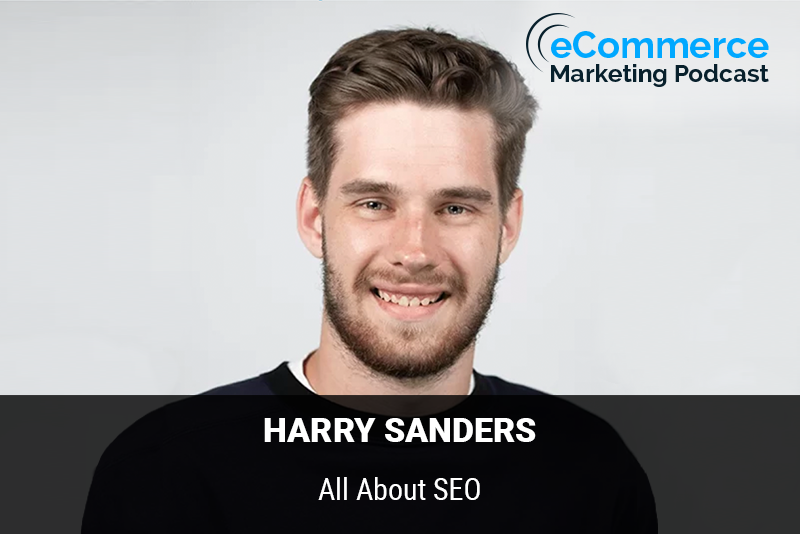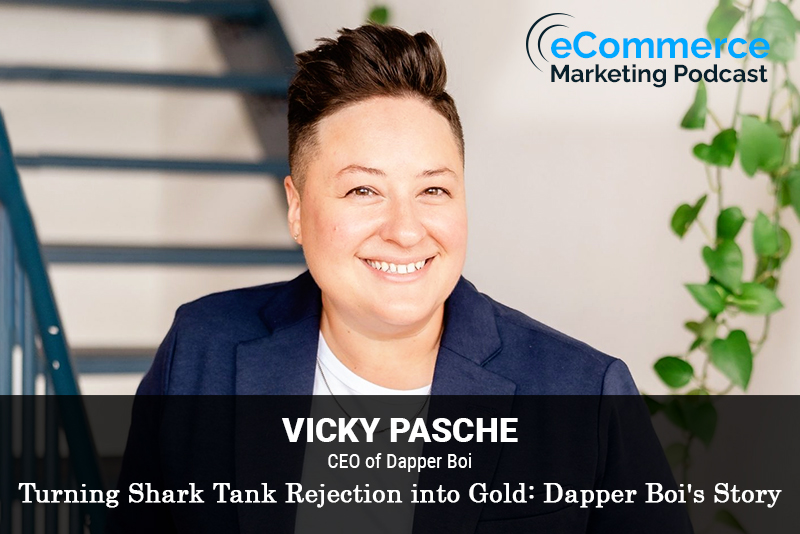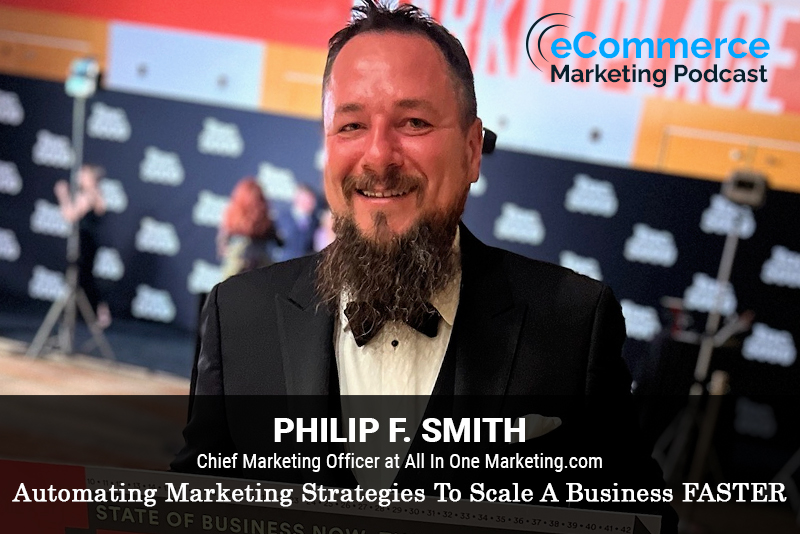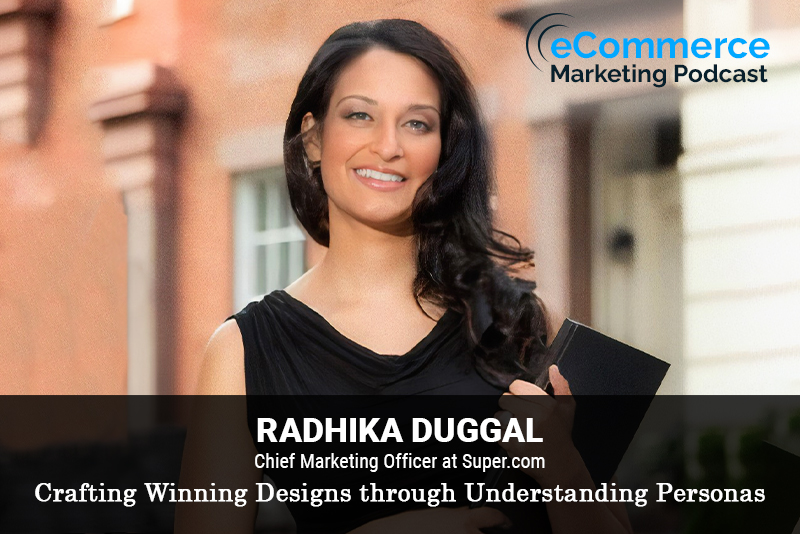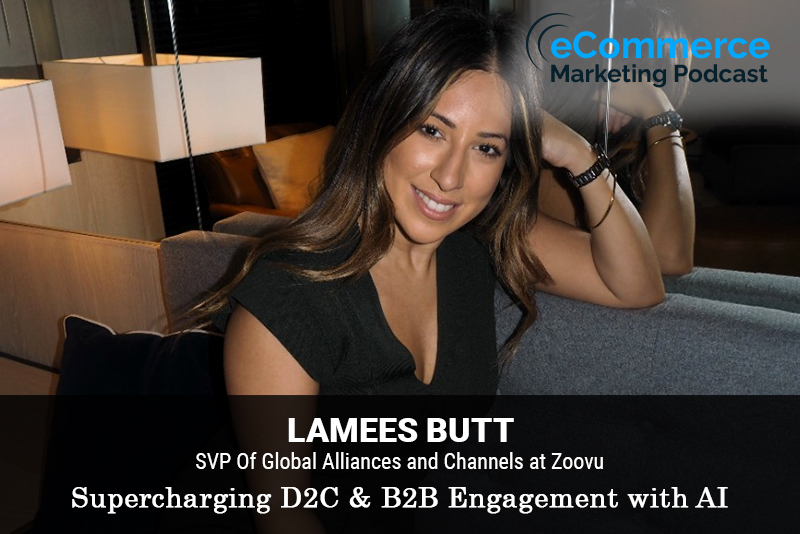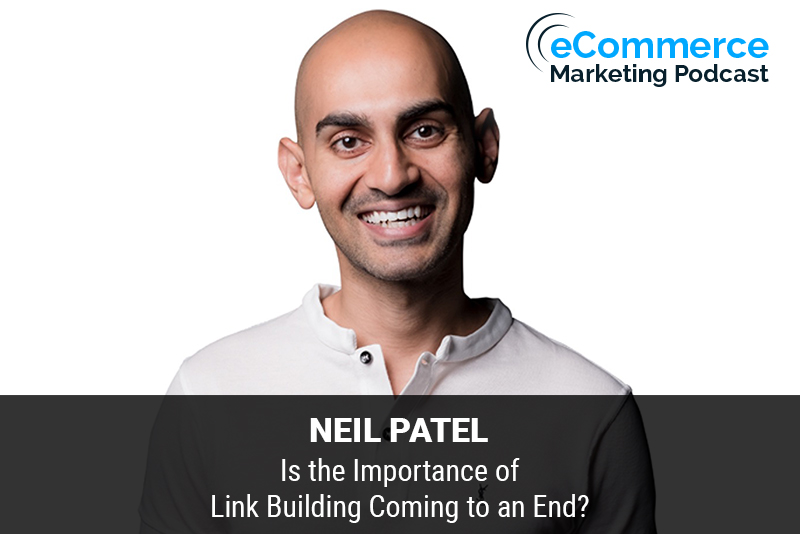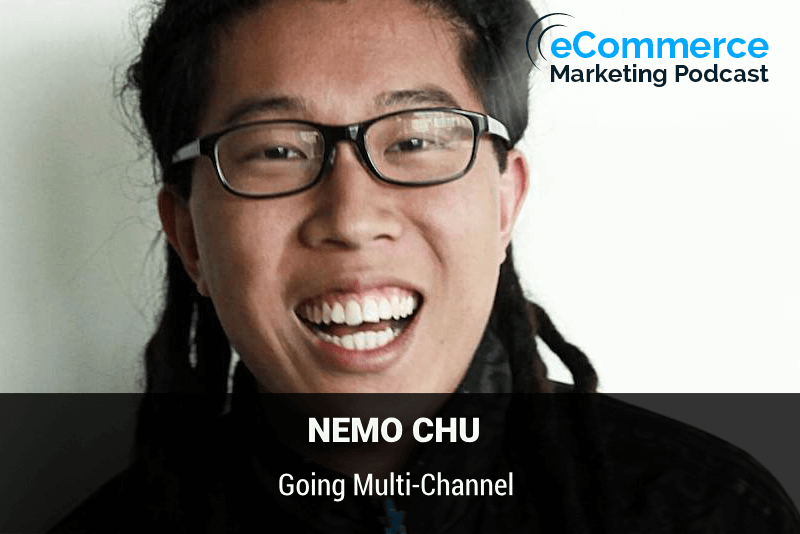
The eCommerce Marketing Podcast walks you through everything that goes into ecommerce marketing — from inbound marketing to paid advertising to conversions. Learn the strategies top marketing experts use to grow their businesses.
Marketing Strategies Revealed in this Episode:
- The top SEO strategies that can be implemented in 2020
- The different tools needed for these SEO strategies
- What are the top companies that have used these strategies for their success?
- How to measure the success of your SEO efforts

Episode Title: Mastering SEO with Harry Sanders
Host: Arlen Robinson
Harry Sanders, Director and Founder of StudioHawk
In this episode of the E-commerce Marketing Podcast, Arlen Robinson speaks with Harry Sanders, the director and founder of StudioHawk, Australia’s largest SEO agency. Harry shares his journey from discovering SEO at the age of 13 to founding a leading SEO agency and discusses the importance of specialized SEO strategies for e-commerce businesses.
Key Takeaways:
- Introduction and Background [00:00 – 06:00]
- Harry’s early introduction to SEO at age 13 after his father was misled by a digital marketing agency [01:00].
- Founding StudioHawk at age 17 and focusing solely on SEO to provide specialized services [04:00].
- Core Principles of SEO [06:00 – 12:00]
- Importance of sticking to core SEO principles: on-site work, backlink acquisition, and matching search intent [08:00].
- The significance of these principles has remained constant despite changes in Google’s algorithm [10:00].
- Effective SEO Strategies for E-commerce [12:00 – 18:00]
- Importance of category-level descriptions and unique product descriptions [13:00].
- Building backlinks to homepages and key categories, and focusing on the 20% of products that drive 80% of sales [15:00].
- Tools for SEO [18:00 – 22:00]
- Recommended tools: SEMrush for technical SEO and backlink analysis, and Ahrefs for detailed backlink insights [19:00].
- Using digital PR to gain traction and build high-quality backlinks [21:00].
- Case Study: Envato [22:00 – 26:00]
- How Envato’s focus on content creation and category optimization led to significant organic growth [23:00].
- The impact of a structured and content-rich website on SEO performance [24:00].
- Measuring SEO Success [26:00 – 31:00]
- Clustering keywords into groups to track progress and performance [27:00].
- Using Google Analytics to monitor organic traffic and conversion rates [29:00].
- The importance of consistent measurement and adjustment to optimize SEO strategies [30:00].
Guest Info:
- Name: Harry Sanders
- Position: Director and Founder of StudioHawk
- Website: StudioHawk
- Hawk Academy: Hawk Academy

